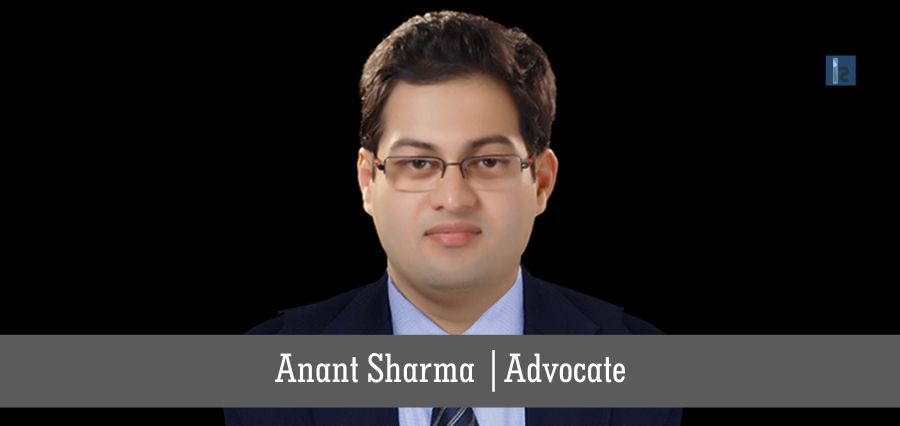Reputation management refers to influencing and regulating the reputation of an Individual or Corporate, in order to maintain and improve their goodwill in the social and commercial realm. With the advent and growth of internet and social media, creating and maintaining reputation has got a new avenue which is in the form of “Online Reputation Management”. It facilitates establishment and expansion of a brand, thereby spawning a better nexus with the citizenry and creating an impactful online reputation for the business. As most of the people now-a-days have ready access to internet facilities, they rely on the reviews and information available online. This makes it imperative for corporate players to have a dedicated team for managing their online reputation. Thus, the media has a unique and non-traditional role to play in order to promote online brand building.
The media assumes its right to freedom of speech and expression from Article 19(1)(a) of the Constitution of India. Thus, commercial associations like companies have the right to express their thoughts and communicate with people to know and study the consumer behavior. The interaction through internet websites, blogs, and social media platforms, facilitates retention of the company’s brand-name by the people. However, this right conferred by the Constitution is not absolute and has certain restrictions attached to it by Article 19(2). One of the vital restrictions in this regard is the wrong of ‘defamation’. Everyone has the right to have their reputation be protected from false accusations. Cyber defamation in corporate turf can be played in various forms. Kvetching employees of a company or its adversaries may publish derogatory remarks or misleading information about the company on social media platforms and blog site or may send some malicious email to the clients of the company, defaming the company or any of its key managerial personnel. This can lead to huge abstract damage to a company in a very short span of time, due to worldwide accessibility of internet and its increasing users. Publication of libelous content to disrepute one’s rivals or to avenge personal animosity or any defamatory act not backed by reasonable evidence is actionable in the Court of law. Section 499 of the Indian Penal Code, 1860 makes defamation an offence, whereas Section 500 of the said Code provides for penalizing the wrong doer with imprisonment for a period up to 2 years, or with fine, or both. The company may sue the author, publisher, editor, and every person being a part of this chain, wherein the wrongdoers shall be jointly and severally liable. Further, the Court may pass an order that for compensated and direct payment of a certain sum for the loss of reputation and business caused to the company in this regard. The Specific Relief Act, 1963 further provides a remedy in the form of injunction, whereby the wrongdoers shall be ordered by the Court to cease and desist from further committing such a defamatory act. A notable rescue is further provided by section 66-A of the Information Technology Act, 2000 which provides that any person who sends any information that is grossly offensive or has menacing character, which he knows to be false, but for the purpose of causing annoyance, inconvenience, insult, injury, criminal intimidation, enmity, hatred, or ill will, any electronic mail message for the purpose of causing annoyance or inconvenience or to deceive or to mislead the addressee or recipient about the origin of such messages, by means of a computer resource or a communication device, shall be punishable with imprisonment for a term which may extend to three years and with fine.
The internet is one’s way to exercise the freedom of speech and expression. However, companies must be cautious while they express these rights in a reasonable manner, and at the same time, be alert and act if they fall a victim to such unreasonableness which would harm its reputation.
Reputation is the overpass that consociates the business to its triumph.
– Kunal Chandriani
About the Author
Adv. Anant Sharma A highly experienced Advocate, who pursued BBA LL.B from Symbiosis Law School, Pune and has been into hard core practice since then. The key areas of activities are contesting litigation, devising settlements using the Alternate Dispute Resolution Mechanism, rendering corporate legal services, conducting due diligence while obtaining statutory and non-statutory compliances and other allied legal works


